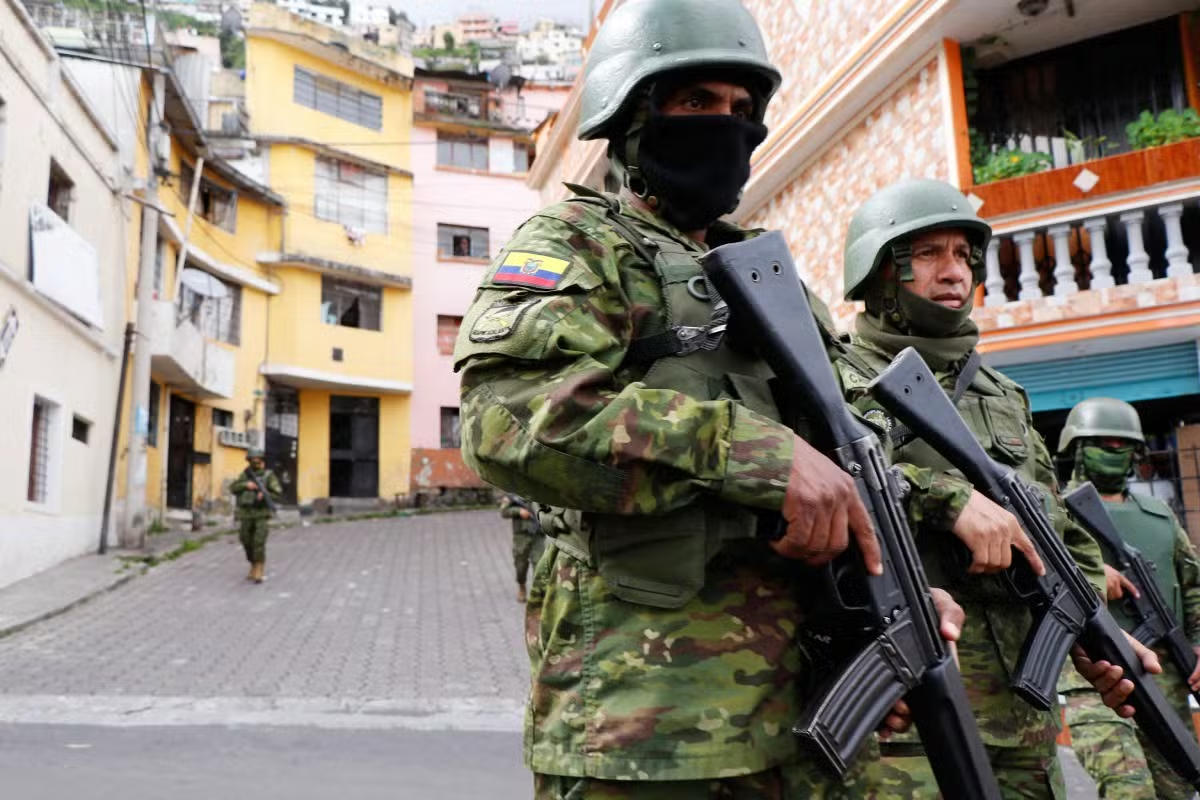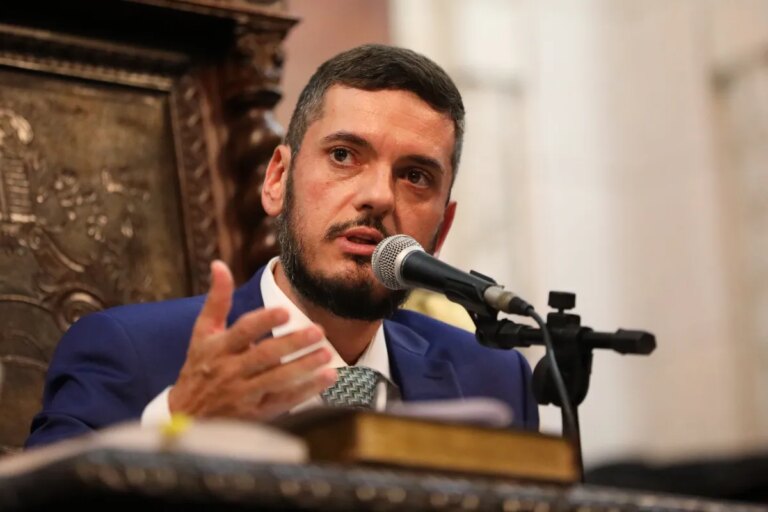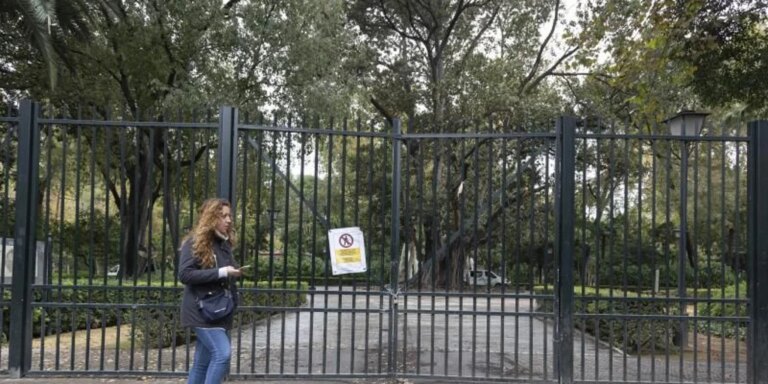
A new International Crisis Group (ICG) report released this Wednesday reveals that Ecuador, once the safest country in Latin America, is facing its worst security crisis in decades and solidifying its position as one of the centers of drug trafficking to Europe. The publication, titled “Paradise Lost? Ecuador’s fight against organized crime,” indicates that the government intends to increase cooperation with the U.S. military and private security companies and intensify its repressive stance, even as violence shows no signs of abating.
- Subsidies, repression and attacks: Understanding what’s behind the wave of protests and violence in Ecuador
- Look: Neighboring countries offer support to Ecuador in the fight against gangs. 12 people killed and 329 detained in internal armed conflict
The country has become South America’s most violent country in less than a decade, according to ICG. The report links the spike in crime to the reconfiguration of trafficking routes after the 2016 Colombian peace agreement, which “facilitated Ecuador’s transformation into a drug export platform” – particularly Pacific ports such as Guayaquil, which today are one of the main exit points for traffickers heading to Europe and the United States.
The document describes a scenario of institutional collapse and rampant corruption in ports, security forces, and the prison system, which is one of the faction’s main headquarters. According to ICG, the massacres inside the prison (more than 500 people have died since 2021) reveal the dominance of gangs like Los Choneros and Los Lobos, who control entire wings and manage extortion and human trafficking from their cells.
These groups maintain alliances with international cartels such as Mexico’s Sinaloa and Jalisco Nueva Generación, as well as mafias in the Balkans and Colombia, leading to increasingly violent conflicts over routes and territory. The death of Choneros leader Lasquinha in 2020 sparked a bloody war between factions that spread from prisons to the streets.
The report acknowledges that the Novoa government briefly succeeded in reducing homicides in 2024, but warns that violence is on the rise again this year, reaching record levels. The ICG said the strategy of using the military in communities and prisons had temporary and serious side effects, including reports of arbitrary detention and extrajudicial executions.
The text also notes that since 2017, a combination of militarization, weakening of civilian institutions, and cuts to social programs has made poor communities more vulnerable to recruitment by gangs. The group recommends that the city of Quito should “do more to provide public services and legitimate economic opportunities to areas affected by crime, while combating the corruption that fuels the crime wave.”
- The victim showed signs of torture. 14 killed in drug gang attack in Ecuador
The ICG concludes that Ecuador’s “early partnership with the United States demonstrates a continued belief in using military force to fight crime, but with a readjustment of strategy it is likely to cease to be the most violent country in South America.”
The report calls for “durable solutions that involve security forces in the most dangerous areas, as well as a wider range of state institutions, and stronger social protection networks, especially for young people at risk of becoming involved in organized crime.”
“Without these efforts, Ecuador is at grave risk of finding that the criminal organizations it seeks to confront have expanded their operations across the country and states,” the publication warns.



